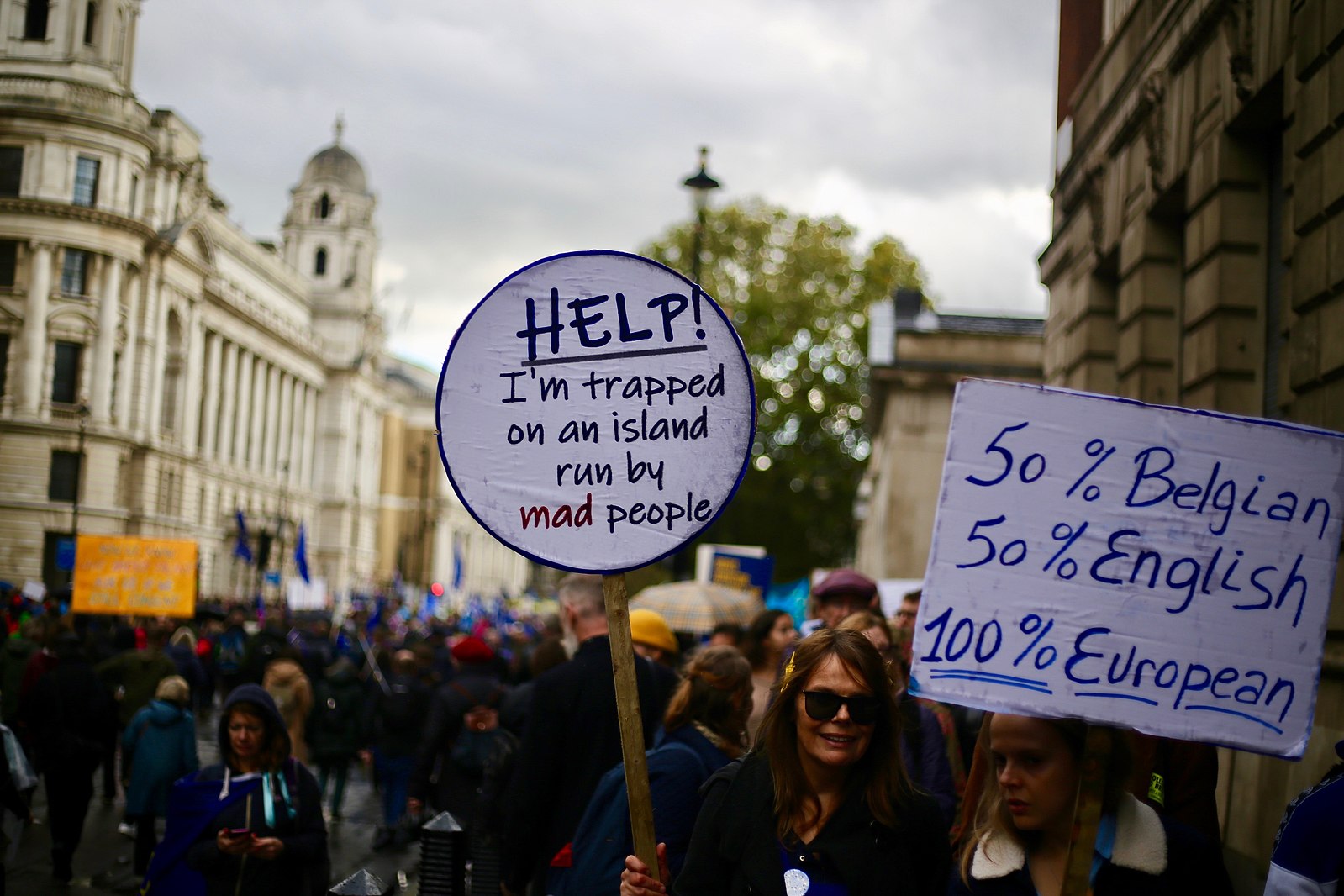Jan. 31 marked the United Kingdom officially leaving the European Union after 47 years, coined “Brexit” as a shorthand for “British Exit.” Brexit experienced two previous delays in Oct. 2019 and April 2017.
According to BBC, the UK will go through an 11-month transition period where they will abide by previous EU rules and regulations.
In the transition agreement, the UK will stay in the EU’s customs union and single market, meaning the same trade rules apply, as well as the freedom to travel between the UK and EU countries. The EU’s top court also still has jurisdiction.
During the transition period, the EU and UK will negotiate new trade deals, as well as issues such as employment and environmental regulations.
If the UK fails to reach an agreement with the EU after the 11-month period, they will be subject to the automatic trade regulations set by the World Trade Organization.
Dr. Sean Kippin, lecturer in politics at the University of Stirling in Scotland, said of the UK and EU: “likely some kind of agreement will be reached which will prevent the UK from tumbling out on those terms, however even with an agreement Britain is likely to see slower rates of growth as businesses relocate to the continent and the EU begins to pursue policies which don’t take the UK’s economic needs into account.”
President Donald Trump has already brought up a potential trade deal between the United States and the UK, however the deal may come at an expense for the UK, according to Reuters. Trump has already threatened to tax foreign-made cars, as well as put pressure on the UK to change drug prices and allow in more U.S. pharmaceuticals.
According to the London School of Economics and Political Science, the top two reasons selected by those who voted to leave the EU were concerned with Britain’s ability to act independently of other countries and immigration.
Despite the original urgency over immigration, it is expected that the diversity of the UK will remain unchanged, as EU citizens have been granted the right to remain in the UK, and 3 million long term residents have already applied for UK citizenship.
“Future immigration policy—particularly once the UK’s future relationship with Europe is clarified—is likely to be more restrictive, certainly insofar as Europeans are concerned,” Kippin said. “The UK, in common with most Western capitalist nations, is facing a demographic problem, and the need for immigration to fill that gap as the ‘baby boomer’ generation retires will not go away.”
After a failed referendum in 2014 for Scottsh independence, Scottish National Party leader Nicola Sturgeon is pushing for a second vote after the party gained 11 seats in Westminster, according to The Guardian.
In the 2016 vote to leave the EU, Scotland voted 62% to remain in the EU, leaving many Scots feeling unheard and unrepresented by the English Westminster government.
“There has been a strong endorsement in this election of Scotland having a choice over our future; of not having to put up with a Conservative government we didn’t vote for and not having to accept life as a nation outside the EU,” Sturgeon said.
Although it is very likely that an independence referendum will be pushed, it is unclear if officials in Westminster will not grant the request for a vote.
“Undoubtedly, the SNP will place holding a referendum on independence in their manifesto in next year’s Scottish Parliament election,” Kippin said. “However, there is a very strong chance this is simply ignored, with the Tories pointing to the SNPs own statements that the 2014 referendum represented a ‘once in a generation’ opportunity to vote for independence from the rest of the UK. Boris Johnson’s government has absolutely no incentive to do this, and will not wish to add another complicated, multifaceted and divisive issue to their in-tray.”
Brexit has also created conflict for Northern Ireland, whose trade with Ireland—an independent country since 1937—will be impacted by the new negotiations.
While Ireland remains part of the EU, Northern Ireland’s goods and services imports into the country may be subject to customs and tariffs. Previously, Northern Ireland’s border was part of a backstop, which created open trade between the two countries. Johnson has attempted to remove the backstop at the disapproval of the EU, according to BBC.
Johnson has previously called the backstop “inconsistent with the sovereignty of the UK” and “undemocratic.”
Proponents of the backstop point to a concern for the resurgence of “the troubles,” a 30-year conflict over the status of Northern Ireland as a part of the UK.
In the next election, Johnson is already facing competition from two Labour party members of Parliament Rebecca Long-Bailey and Lisa Nandy. Nandy has previously criticized former Labour party leader Jeramy Corbyn for his handling of Brexit.
The Guardian reported that in a speech, Nandy said, “You can either be for your country or for the world. And senior Labour politicians rushed headlong into it. It was a serious failure of leadership.”
Brexit has often been seen as a part of a global far-right movement, along with the election of Trump, the rise of the Part for Freedom in The Netherlands as well as Marine Le Pen’s popularity in France.
Although the outcome of the negotiations remains unclear, Johnson feels hopeful about the future of an independant UK. In a speech on Jan 31, Johnson said, “This is the dawn of a new era in which we no longer accept that your life chances—your family’s life chances—should depend on which part of the country you grow up in. This is the moment when we really begin to unite and level up.”
